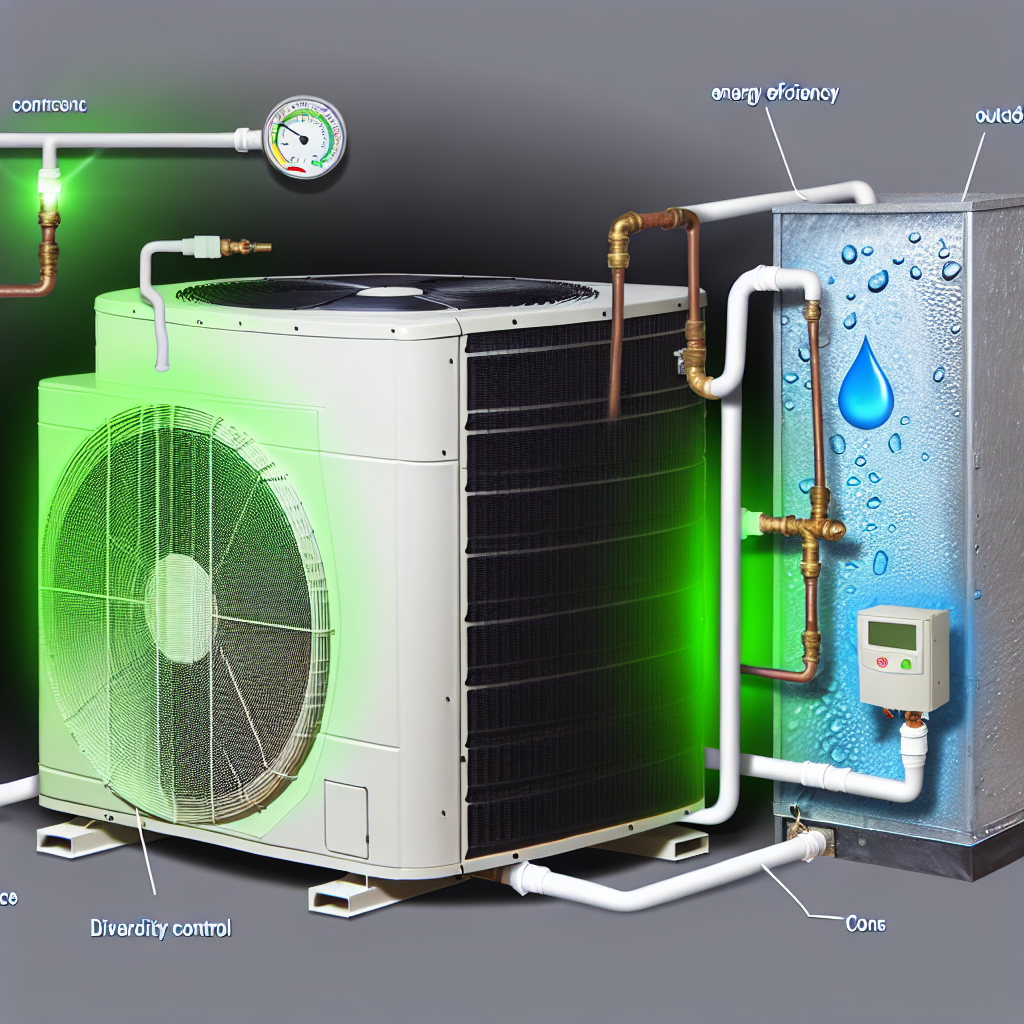Published: Dec 15, 2024

In the world of residential heating and cooling systems, heat pumps have gained popularity as an energy-efficient and versatile option for maintaining indoor comfort. Understanding how heat pump systems work, along with their advantages and disadvantages, can help homeowners make informed decisions when it comes to selecting the right HVAC system for their homes.
At its core, a heat pump is a device that transfers thermal energy from one area to another. In the winter, it extracts heat from the outside air (even in cold temperatures) and transfers it inside to warm up the home. During the summer, the process is reversed, with the heat pump removing heat from inside the house and releasing it outdoors.
One of the key benefits of heat pumps is their energy efficiency. Compared to traditional furnaces and air conditioners, heat pumps use electricity to move heat rather than generate it, making them more environmentally friendly and cost-effective in the long run.
Another advantage of heat pumps is their ability to provide both heating and cooling. By combining two functions in one system, homeowners can enjoy year-round comfort without the need for separate heating and cooling units.
Heat pumps are known for their durability and longevity when properly maintained. With regular servicing and upkeep, a well-installed heat pump system can provide reliable heating and cooling for many years, offering a good return on investment.
Some heat pump systems allow for zoned heating and cooling, meaning different areas of the house can be heated or cooled independently. This customization can lead to increased comfort and energy savings by only conditioning the areas that are in use.
Due to their energy-efficient operation, heat pumps are considered a more sustainable heating and cooling option. They produce fewer greenhouse gas emissions compared to traditional HVAC systems, making them a greener choice for environmentally conscious homeowners.
While heat pumps can save money in the long term, the upfront cost of purchasing and installing a heat pump system can be higher than that of a traditional HVAC system. Homeowners should weigh the initial investment against potential long-term savings.
In regions with extremely cold climates, traditional heat pumps may struggle to extract sufficient heat from the outdoor air, leading to reduced efficiency and increased energy consumption. Supplemental heating may be required in these situations.
Heat pumps require regular maintenance to ensure optimal performance. Filters, coils, and refrigerant levels need to be checked and serviced periodically to prevent efficiency losses and mechanical failures.
When replacing an existing HVAC system with a heat pump, the compatibility of the new system with the existing ductwork should be assessed. In some cases, modifications or replacements may be needed to ensure proper airflow and distribution.
In conclusion, heat pump systems offer a range of benefits, including energy efficiency, dual functionality, longevity, zoned heating and cooling, and environmental friendliness. However, potential drawbacks such as upfront cost, performance in extreme temperatures, maintenance requirements, and compatibility issues should also be taken into consideration when deciding whether a heat pump is the right choice for your home.
**

Our expert technicians are ready to assist you 24/7!
Contact Us Today!Read our latest articles for helpful information about heating, cooling, and air quality.
Regular HVAC maintenance is essential for improving energy efficiency, extending the lifespan of your system, enhancing...
Read MoreImplement these 10 tips to enhance the air quality in your home, promoting a healthier living environment for you and y...
Read MoreRegular seasonal HVAC maintenance is essential for maximizing system efficiency, ensuring indoor air quality, preventing...
Read MoreSmart thermostats offer energy savings, convenience, learning capabilities, and integration with smart home systems, mak...
Read More